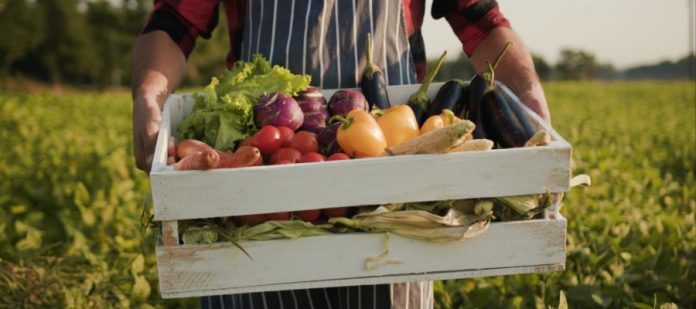Growing awareness about sustainability and health is leading more consumers to choose organic produce over conventional options. However, deciding whether organic is worth the investment can be a little tricky. This guide dives into the essential consumer considerations before buying organic produce so that you make the best investment for your health and wallet.
Organic Certification and What it Means
The term organic isn’t just a marketing ploy; it’s a regulated certification. Products labeled as organic must meet strict standards set by regulatory bodies like the USDA in the United States.
So what does all this mean? These products must be grown without synthetic pesticides, chemical fertilizers, or genetically modified organisms (GMOs). For consumers, understanding this ensures you’re paying for genuinely organic products instead of falling for vague claims, such as “natural” or “eco-friendly,” which are not regulated.
Balance Quality and Price
Organic produce often comes with a higher price tag than conventionally grown options. This premium stems from more labor-intensive farming methods, smaller yields, and the costs of obtaining organic certification. Consumers should compare prices and evaluate which items provide the most value for their budgets.
For instance, produce like apples, spinach, and strawberries are worth splurging on in organic form, as they tend to carry higher pesticide residues when conventionally grown. In comparison, produce like avocados or pineapples with natural protective layers, purchasing conventional options may make more economic sense.
Assess Freshness and Appearance
Many people assume organic produce should look flawless. The reality is slightly different. Organic fruits and vegetables might have blemishes or irregular shapes, but that doesn’t detract from their quality or nutritional value.
Prioritize freshness over aesthetic perfection. Check for vibrant colors, firm textures, and a lack of excessive soft spots or mold. Freshly organic produce ensures you get the best in nutrients and flavor while reducing food waste.
Know Where Your Produce Comes From
One of the advantages of buying organic is often the opportunity to support local farmers. By shopping at farmers’ markets or looking into the origin of the produce at the grocery store, you can better understand the farming practices behind your food.
Many of these farmers finance a transition to organic farming over several years, a process that is resource-intensive and financially demanding. Choosing organic produce from such sources aids farmers in adopting environmentally friendly agricultural practices.
Factor in Seasonal Availability
Seasonality plays a vital role in the quality, taste, and price of organic produce. Buying fruits and vegetables that are in season ensures you’re getting them at their peak ripeness, resulting in better flavor and fewer transport emissions.
Berries during summer or root vegetables in the colder months often taste better and cost less. Before purchasing, familiarize yourself with what’s in season locally, as this will optimize your shopping experience and your budget.
Consumers considering a switch to organic produce should know this involves more than just grabbing items labeled as such. It’s about understanding certifications, being mindful of prices, and knowing the story behind your food. By prioritizing freshness, seasonal availability, and sustainability, you ensure your choices align with personal health and environmental responsibility.























